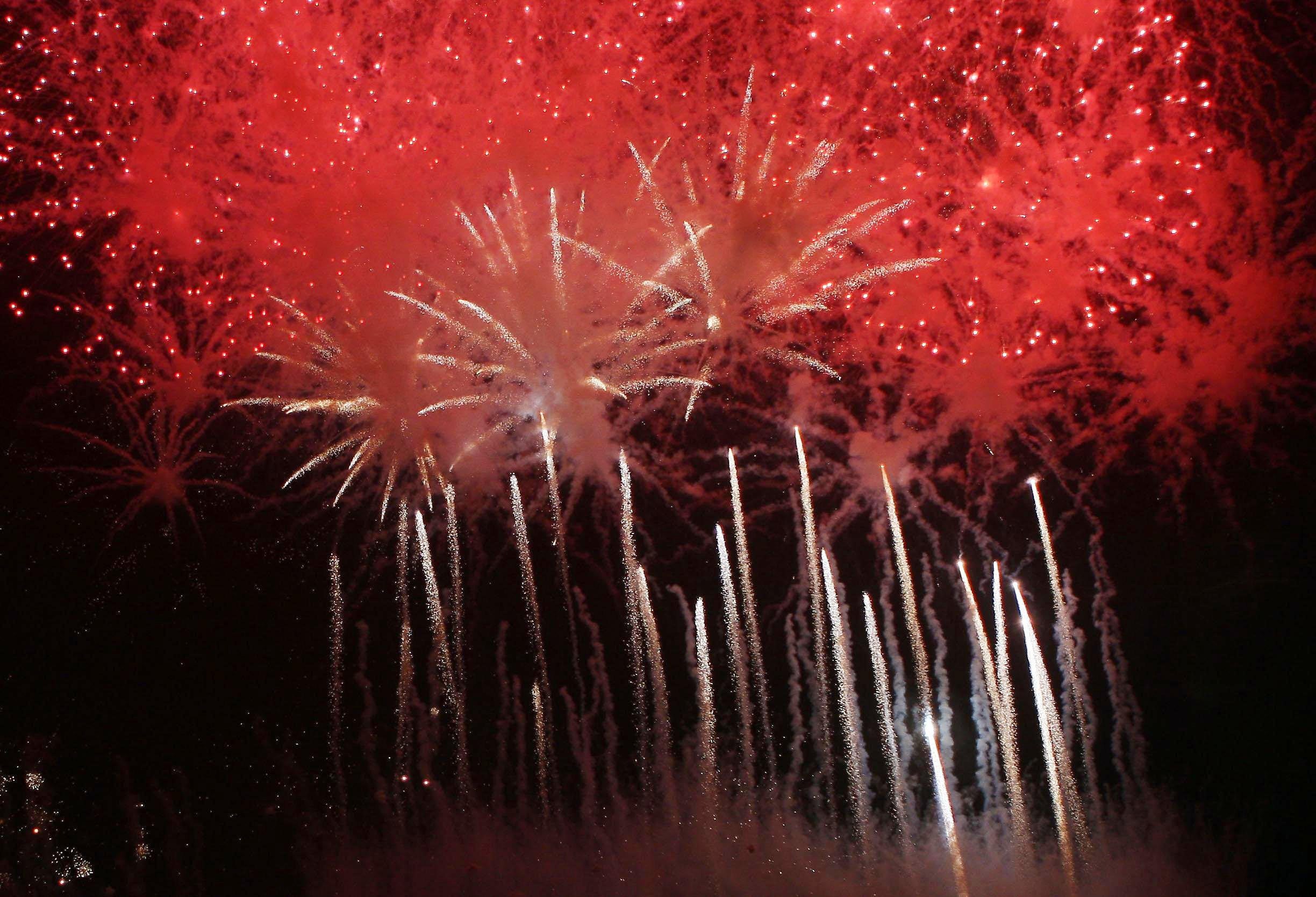Councils could ban most fireworks in back gardens as part of new plans
The Government has said the proposed changes should reduce firework misuse.

Your support helps us to tell the story
From reproductive rights to climate change to Big Tech, The Independent is on the ground when the story is developing. Whether it's investigating the financials of Elon Musk's pro-Trump PAC or producing our latest documentary, 'The A Word', which shines a light on the American women fighting for reproductive rights, we know how important it is to parse out the facts from the messaging.
At such a critical moment in US history, we need reporters on the ground. Your donation allows us to keep sending journalists to speak to both sides of the story.
The Independent is trusted by Americans across the entire political spectrum. And unlike many other quality news outlets, we choose not to lock Americans out of our reporting and analysis with paywalls. We believe quality journalism should be available to everyone, paid for by those who can afford it.
Your support makes all the difference.New rules which could give councils the power to ban most types of fireworks in certain areas are set to be considered by a Holyrood committee.
The SNP-led Government’s plans to restrict the public’s use of fireworks, affecting some 170,000 Scots a year, are on Monday set to be discussed by the Scottish Parliament’s Criminal Justice Committee.
The proposed measures would enable councils to create “control zones”, where most types of fireworks would not be allowed, even on private land.
And the proposals, if implemented, could also see the dates fireworks can be sold limited to just 37 days a year, with dates surrounding major events such as Bonfire Night, Hogmanay and Diwali.
Likewise, dates Scots can light fireworks would also be restricted, anyone using affected types of fireworks would need special training as well as a fireworks licence, and Police Scotland would be handed new powers to search for and seize fireworks.
MSP Audrey Nicoll, the committee convener, said: “We know for many people and communities, fireworks are a dangerous nuisance – though we know some families enjoy them safely.
“As a committee, we will be examining whether the Scottish Government’s plans strike the right balance, and are likely to be effective in reducing misuse of fireworks.”
The Criminal Justice Committee is now asking Scots to come forward with their views, with an online survey running until March 11 about the new Bill.
The results will then be used to inform committee members, the Scottish Government said, as they consider whether the proposals should be changed in any way, and ultimately passed into law.
The lowest category firework, F1, would not be affected by the proposals. These include products such as small sparklers, ice fountains and party poppers.
But the proposals will see more powerful fireworks, in categories F2 and F3, have their use and availability restricted.
These will affect fireworks commonly bought by Scots for home use, and include products such as roman candles and larger rockets.
Fireworks in the highest category, F4, are intended for use only for people with specialist knowledge and not available to members of the public. The Bill will introduce some restrictions on the use of these.
Under the plans, firework sales and use will be limited to April 7 to April 16 for Vaisakhi, October 27 to November 12 for Guy Fawkes Day, December 26 to January 2 for the new year, the three days immediately preceding the first day of Chinese New Year to the seventh day after the event, and the three days immediately preceding the first day of Diwali to the seventh day after its first day.
The Scottish Government said, under the proposals, there are exemptions for public firework displays and professionally organised events.
The Government has said these changes should reduce firework misuse, as well as help those affected by them, such as pet owners and those with additional needs.